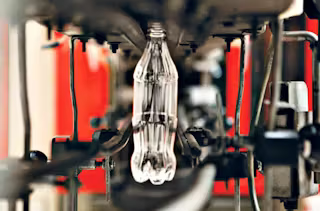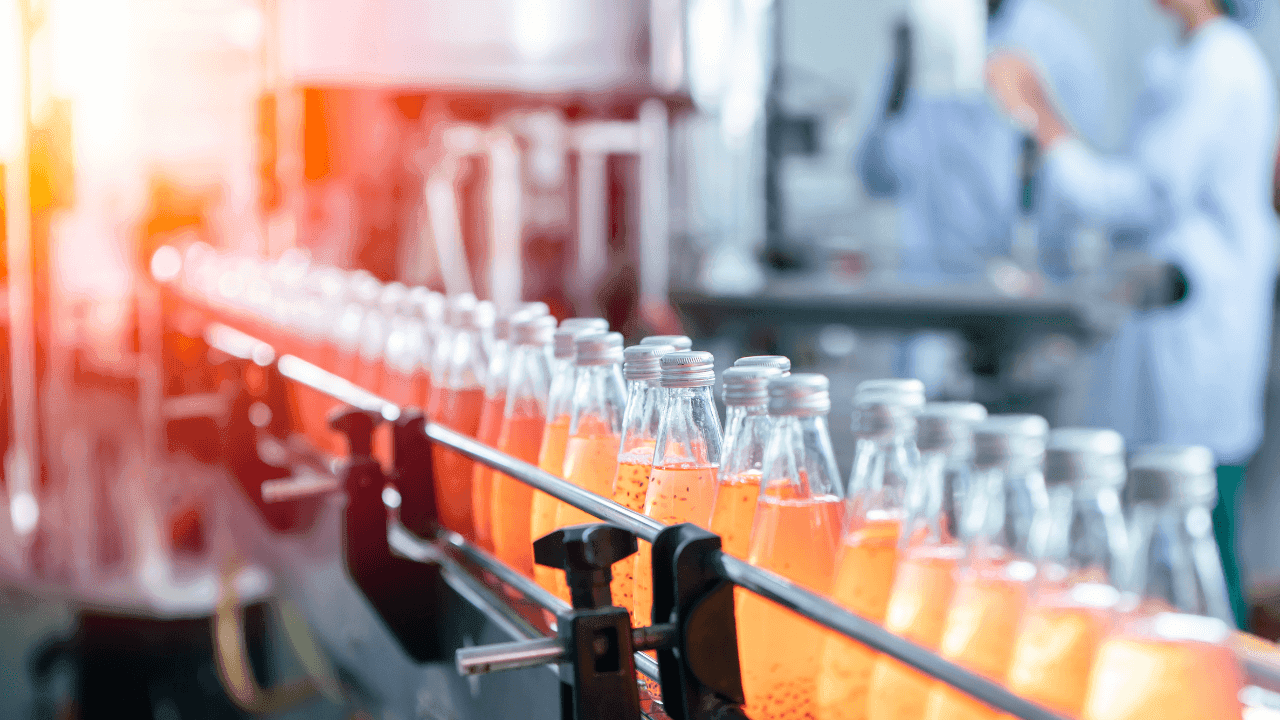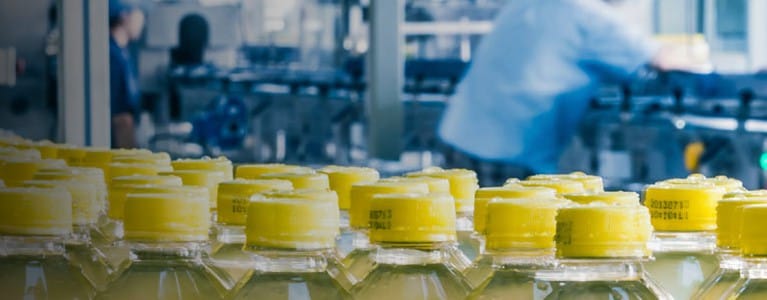Beverage Bottling and the Challenge of Wastewater Treatment: Identifying Sustainable Solutions
In an era marked by increasing environmental awareness and stringent regulations, the beverage bottling industry faces critical challenges regarding wastewater management. As consumers become more health-conscious and eco-aware, the demand for bottled beverages—including juices, sodas, and bottled water—continues to rise. However, this surge in production is not without consequences, particularly in the realm of wastewater generation. Understanding the unique wastewater challenges associated with beverage bottling and exploring innovative treatment solutions is essential for fostering sustainability within the industry.

Understanding Wastewater Generation in Beverage Bottling
The bottling of beverages generates significant volumes of wastewater through various processes, including washing, rinsing, and product formulation. Each stage of the bottling process contributes to the generation of wastewater, which can be laden with organic matter, sugars, acids, and cleaning agents.
During the washing and rinsing of bottles, for example, residues from previous batches, including sugars and flavorings, can contaminate the water. Additionally, the formulation process often involves the use of additives, flavorings, and preservatives that can further complicate the composition of the wastewater. This complex mix of contaminants poses a unique challenge for treatment facilities, as traditional methods may not effectively address the diverse range of pollutants present in beverage bottling wastewater.
The composition of wastewater generated in the bottling of beverages can vary depending on the type of beverage being produced. Key components typically include organic matter, chemical residues, nutrients, and microorganisms. Organic matter consists of sugars, acids, and other residues that can lead to high biochemical oxygen demand (BOD) levels. If untreated, these high BOD levels can deplete oxygen in receiving water bodies and harm aquatic life. Chemical residues from cleaning agents and sanitizers used in the bottling process can introduce harmful chemicals into the wastewater, necessitating thorough treatment before discharge. Nutrients, particularly nitrogen and phosphorus from additives, can contribute to nutrient pollution, resulting in harmful algal blooms in waterways. Moreover, the presence of bacteria, yeasts, and molds complicates wastewater treatment, especially if pathogenic organisms are introduced through contamination.

The Environmental Impact of Poor Wastewater Management
Inefficient wastewater management in beverage bottling can have profound environmental consequences. Discharging untreated wastewater into local water bodies can lead to several issues, including eutrophication, which occurs when excessive nutrients in wastewater trigger algal blooms. These blooms deplete oxygen levels in water and create dead zones where aquatic life cannot thrive. The released toxins from these blooms can harm fish, wildlife, and even humans.
Furthermore, the contamination of drinking water sources by chemicals from cleaning agents and food residues poses health risks to local communities. Contaminated water can lead to serious health issues, including gastrointestinal diseases. Regulatory non-compliance is another significant risk, as beverage bottling facilities are subject to strict regulations regarding wastewater discharge. Failing the compliance with these regulations can result in legal action, fines, and damage to the reputation of the company.
Additionally, inefficient management of wastewater can result in the loss of valuable resources, as sugars and organic matter in the wastewater could potentially be recovered and utilized instead of being wasted.
Innovative Wastewater Treatment Solutions
To mitigate the environmental impact of wastewater generated during beverage bottling, the industry is increasingly turning to innovative treatment technologies. These solutions aim not only to treat wastewater effectively but also to recover valuable resources from the waste stream.
One of the most promising solutions for treating beverage bottling wastewater is anaerobic digestion. This biological treatment process breaks down organic matter in the absence of oxygen, producing biogas as a renewable energy source. The biogas generated during anaerobic digestion can be harnessed for energy production, reducing reliance on fossil fuels. This renewable energy can power bottling operations or be fed into the grid, contributing to a facility’s energy independence. Additionally, the residual material, known as digestate, can be utilized as a nutrient-rich fertilizer in agricultural applications, thereby closing the nutrient loop and enhancing soil health.
Membrane filtration technologies have also emerged as essential tools in wastewater treatment for the beverage bottling industry. These systems offer several advantages, particularly reverse osmosis (RO), which utilizes semi-permeable membranes to remove impurities from wastewater. RO can effectively separate contaminants from the water, allowing for the recovery of clean water that can be reused in the bottling process or for other purposes. Ultrafiltration (UF) membranes can selectively separate larger molecules, such as proteins and suspended solids, from wastewater, enhancing the overall quality of treated water and minimizing waste.
Another innovative solution involves bioreactors and biofiltration systems, which utilize microorganisms to break down organic matter in wastewater. These systems are particularly effective in treating high-BOD wastewater typical in beverage bottling. Fixed-film biofilters consist of a medium on which biofilms of microorganisms can grow. As wastewater passes through, these microorganisms degrade organic pollutants, resulting in cleaner effluent. Moving bed biofilm reactors (MBBRs) employ floating carriers that provide surface area for biofilm growth. This technology enhances the efficiency of biological treatment processes, allowing for more effective degradation of organic pollutants.
Implementing Sustainable Practices in Wastewater Management
To ensure effective wastewater management, beverage bottling companies must adopt sustainable practices throughout their operations. One critical strategy involves implementing source reduction, which minimizes the generation of wastewater at the source. Companies can optimize their cleaning processes to reduce water usage and invest in advanced equipment that minimizes water and chemical consumption. Additionally, staff training on best practices for minimizing waste during production can further contribute to reducing wastewater generation.
Recycling and reusing treated wastewater within bottling facilities can significantly lower the overall demand for freshwater. Bottling plants can develop systems to reuse treated wastewater for washing bottles, cooling processes, or irrigation of surrounding landscapes. Conducting regular monitoring and audits of wastewater practices can help facilities identify inefficiencies and areas for improvement. By implementing key performance indicators (KPIs), companies can track their wastewater generation and treatment effectiveness, fostering a culture of continuous improvement.
Empowering Consumers and Communities
Consumer awareness plays a pivotal role in promoting sustainable practices within the beverage bottling industry. Educating consumers about the importance of responsible wastewater management and its impact on environmental health can lead to increased support for brands that prioritize sustainability. Companies can enhance brand trust and loyalty by showcasing their commitment to eco-friendly practices, including wastewater treatment and resource recovery efforts. This can be achieved through transparent communication about the company’s sustainability initiatives, certifications, and community engagement efforts.

Conclusion
The beverage bottling industry faces significant challenges regarding wastewater management, but with a commitment to innovative solutions and sustainable practices, these challenges can be effectively addressed. By leveraging advanced treatment technologies, implementing resource recovery strategies, and fostering consumer awareness, the industry can navigate the complexities of wastewater generation and treatment.
As the demand for bottled beverages continues to grow, it is crucial for companies to prioritize environmental responsibility and sustainable practices in their operations. The path to effective wastewater management may be complex, but the potential benefits for the environment, public health, and the industry are profound. By taking proactive steps, the beverage bottling sector can contribute to a more sustainable future, ensuring that the industry thrives while safeguarding the planet for generations to come.